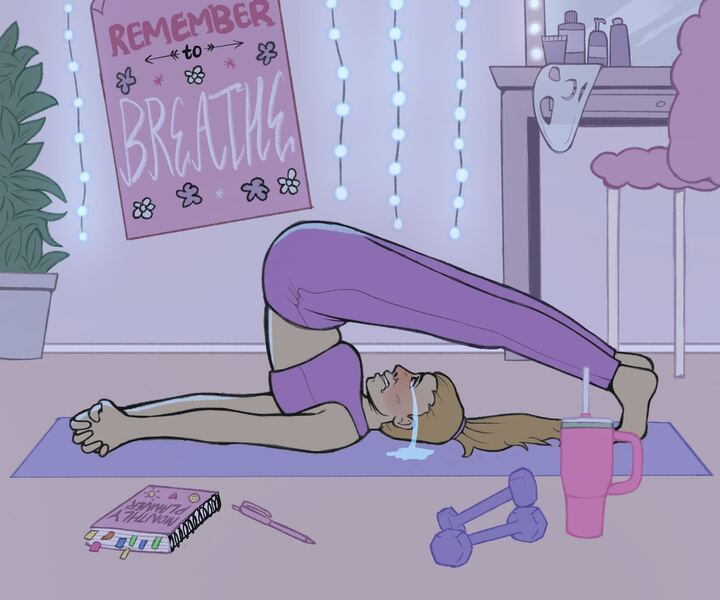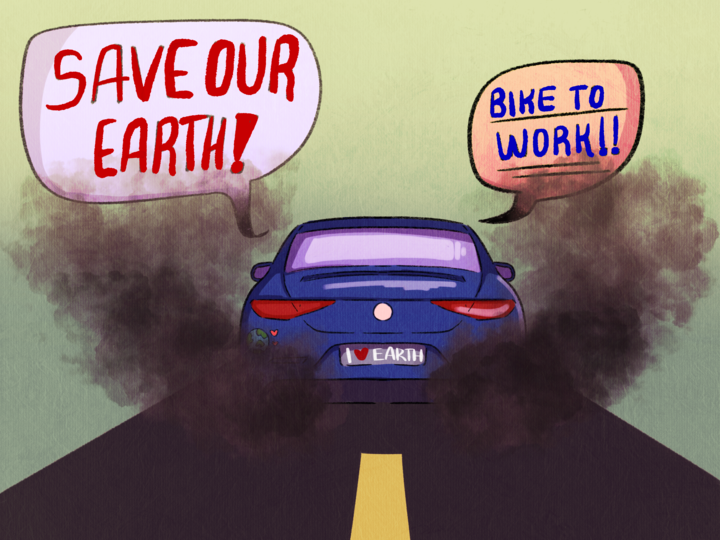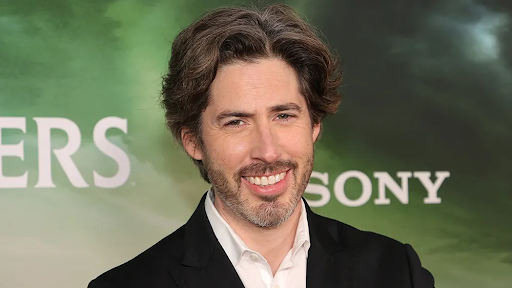In the wake of the attacks in Paris, Facebook implemented a temporary French flag filter that could be used to overlay profile pictures. Suddenly, the site was flooded with blue, white and red images.
The filter, as a symbol of solidarity with Parisians, is effective. As our News Feeds were painted with the French flag, it was clear that the world was coming together in support of the grieving nation.
And yet, I think Facebook made a mistake by asking users if they wanted to change their profile pictures.
Let me be clear: This is not intended to be a criticism of anyone who chose to change their profile picture. After a tragedy like the attacks in Paris, each of us copes with the news in our own way.
As the number of French flags in our News Feeds grew exponentially, so too did the number of comments from people who criticized individual users’ new photos. Even though I agree that Facebook’s decision may have been a mistake, shaming someone else for their response to a tragedy is deplorable.
When I logged on to Facebook the weekend after the attacks, I was presented with the option to jump on board and update my profile picture. My first instinct was to click yes.
When presented with the option to show support with minimal effort, why not choose to do so? And yet, I hesitated.
Why?
It wasn’t because I’m heartless and lacked an emotional response to the events. Quite the opposite, in fact.
When I first heard about what was going on in Paris, I pulled out my laptop and, in stunned silence, scrolled through photos of the aftermath of the attacks. The pictures of bodies in the streets, of the injured being rushed to hospitals and of heartbroken Parisians brought back memories of watching the news coverage of the 9/11 attacks.
I felt the same sadness and the same confusion, how could anyone do something like this?
If I felt such an emotional response, why not show my emotion and support by changing my profile picture?
Something just didn’t feel right about clicking yes that morning.
Facebook is a tool that allows us to connect with friends and family across the world. It is a tool that allows us to keep up-to-date with current events and the current state of the world. But it is only that — a tool.
Facebook allows me to share my opinion with my online friends. It is the means to an end. While Facebook gives me the ability to share my thoughts, it shouldn’t guide the thoughts that I share.
A hammer doesn’t suggest that you build a bookshelf; neither should Facebook suggest what my response to the tragedy in Paris should be.
Profile pictures are trivial. But Facebook officials’ decision to step in and be a part of the world’s response to the attacks in Paris is non-trivial.
With the level of dependency we have on social media for information, Facebook’s team has a responsibility, like any good news source, to be unbiased in its presentation of that information.
When Mark Zuckerberg and his team decided to roll out the temporary profile picture for France, and only for France, they contributed to the world’s focus on the attacks in France.
The morning before the horrific events unfolded in Paris, suicide bombings in Beirut killed 45 and wounded over 200 others.
And yet, no one seemed to talk about the attacks in Beirut. Facebook big-wigs didn’t unveil a temporary Lebanese flag filter.
No, they chose Paris, and in doing so they gave the world tunnel vision, steering discussion away from Lebanon and toward France.
My hope is that Facebook officials will not use this feature in the wake of another tragedy.
Even though the filter helped people cope with the shock of watching the events in Paris unfold, it also blinded us from the reality of the crises happening globally, not just in France.
Follow Graham Place on Twitter.








